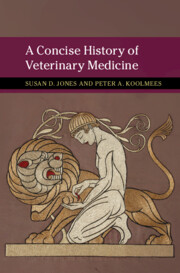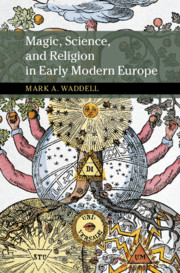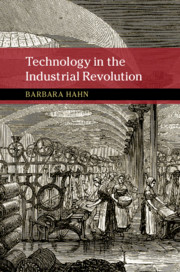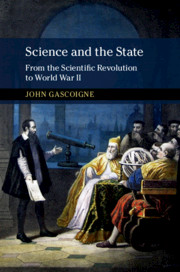4 results in New Approaches to the History of Science and Medicine

A Concise History of Veterinary Medicine
-
- Published online:
- 11 August 2022
- Print publication:
- 25 August 2022

Magic, Science, and Religion in Early Modern Europe
-
- Published online:
- 22 January 2021
- Print publication:
- 28 January 2021

Technology in the Industrial Revolution
-
- Published online:
- 09 January 2020
- Print publication:
- 23 January 2020

Science and the State
- From the Scientific Revolution to World War II
-
- Published online:
- 11 March 2019
- Print publication:
- 21 March 2019

